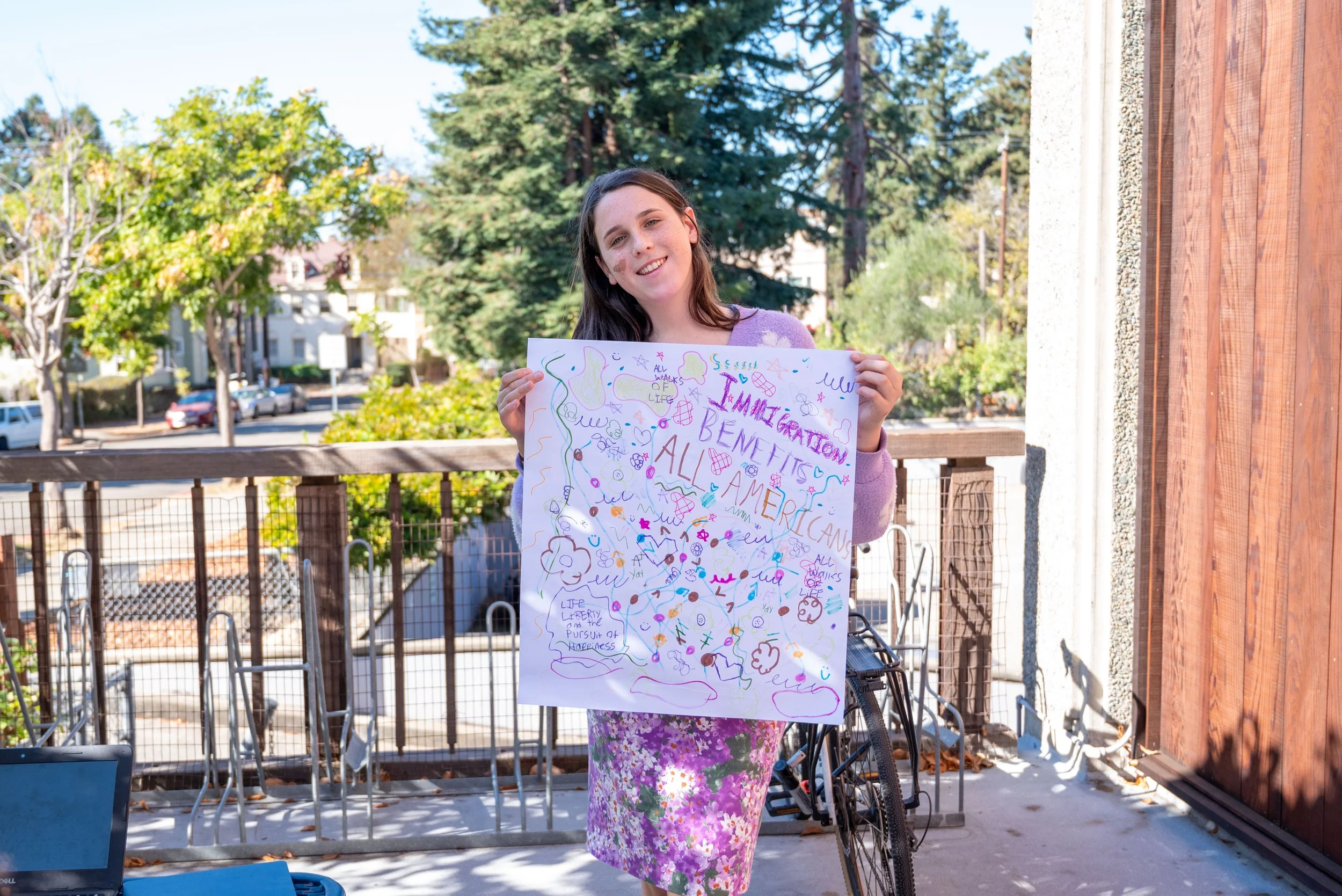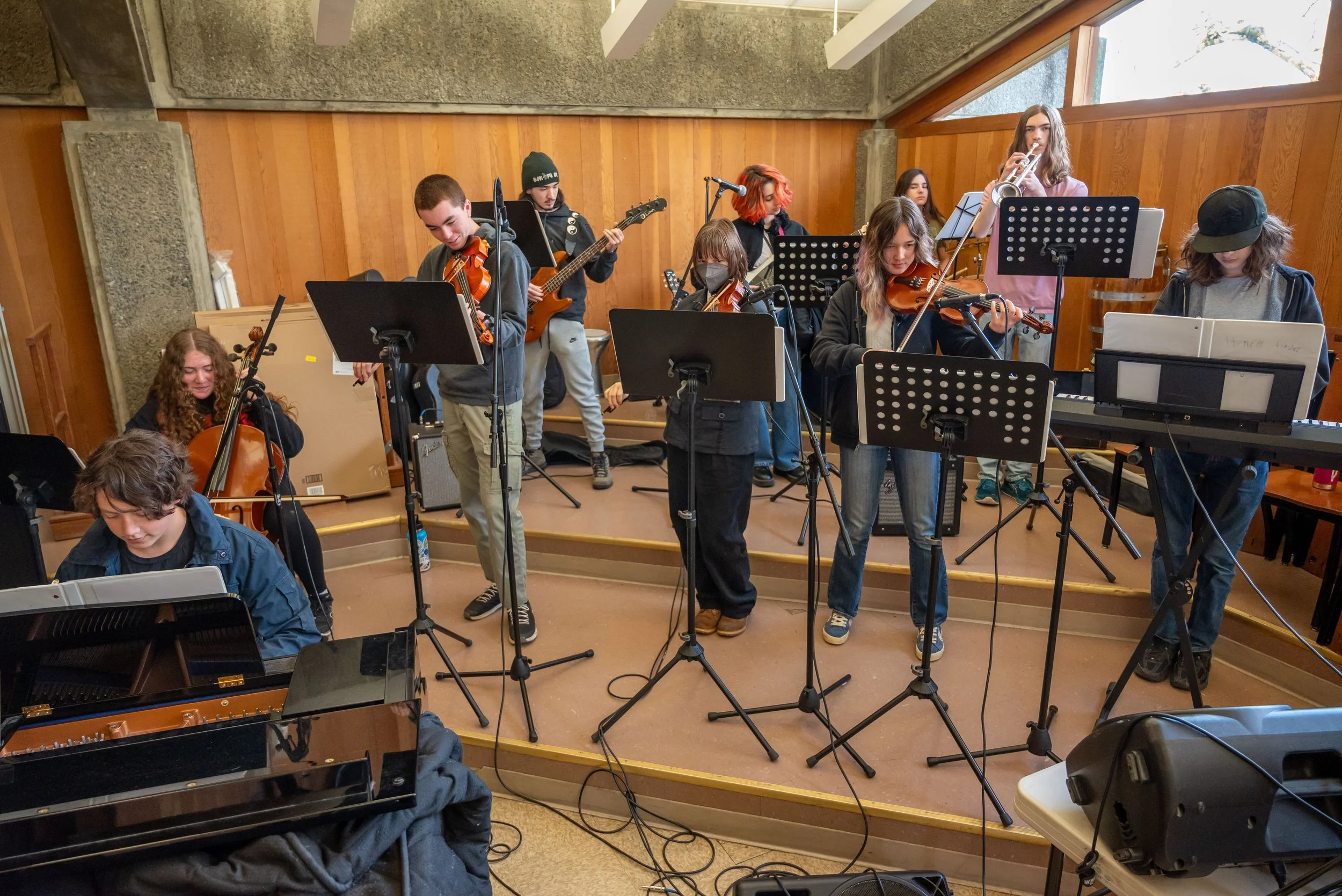Social Studies
Social Studies education centers the skills and practices used by professional historians. Students regularly engage in analysis of primary and secondary sources and build their writing skills across four years of high school. Students are encouraged to explore the major themes of World History and US History and apply their understanding to modern day contexts. Our teachers have longstanding academic freedom in selecting and designing courses and texts. This expertise and personal touch shows in our especially eclectic elective offerings.
Required Courses
At Maybeck, students are required to take three years of Social Studies, including World History in 9th grade and US History in 10th grade. Most students take four years of Social Studies, filling their 11th and 12th grade years with our eclectic mix of semester-long electives.
Core Social Studies Courses
Advanced Social Studies Electives
Sample Social Studies Activities
Our English and Social Studies electives covering immigration took a cross-curricular approach to their content, including a trip to Berkeley Rep to see the play Mexodus.
Our Wilderness course took a two night camping trip to Desolation Wilderness.










